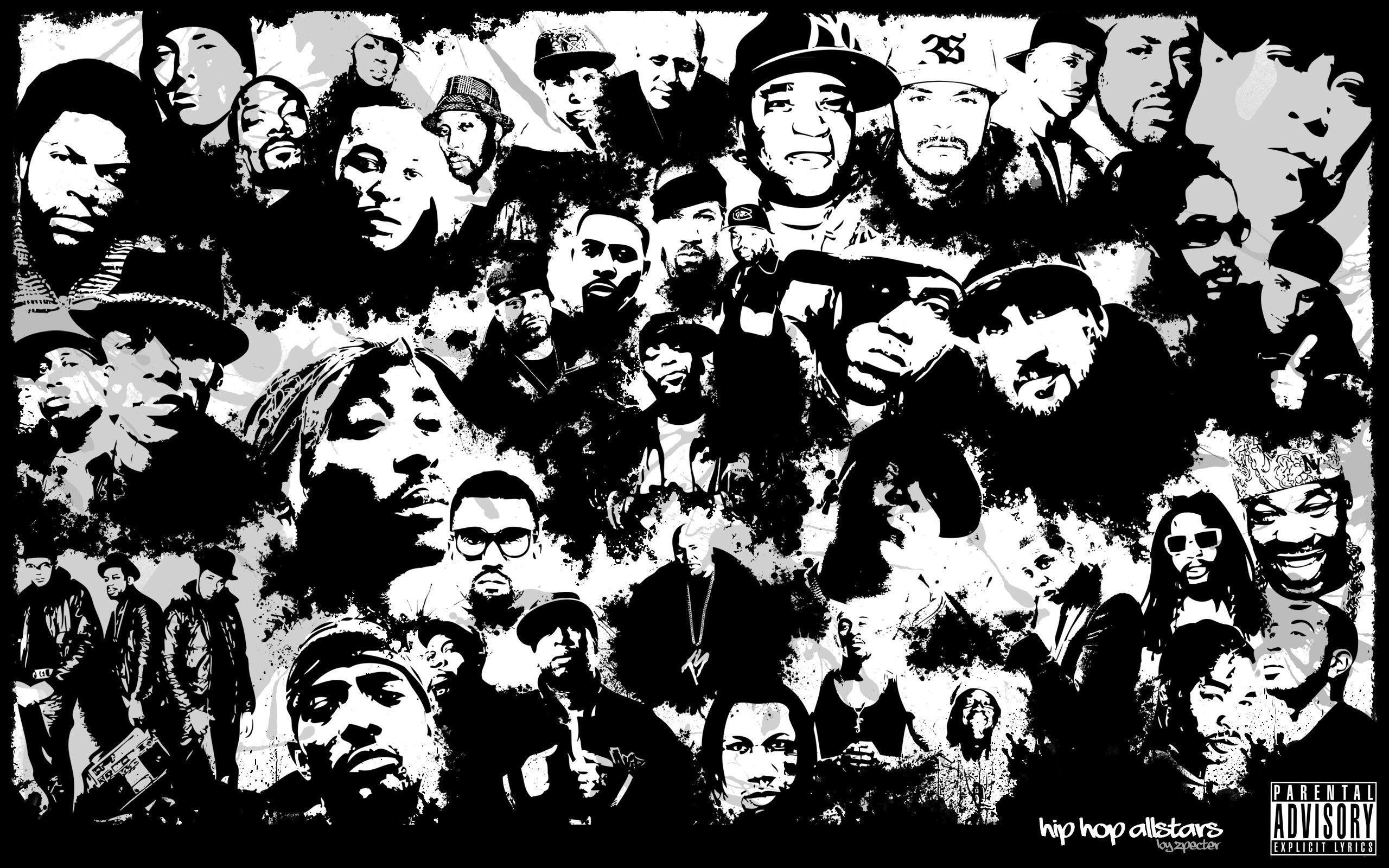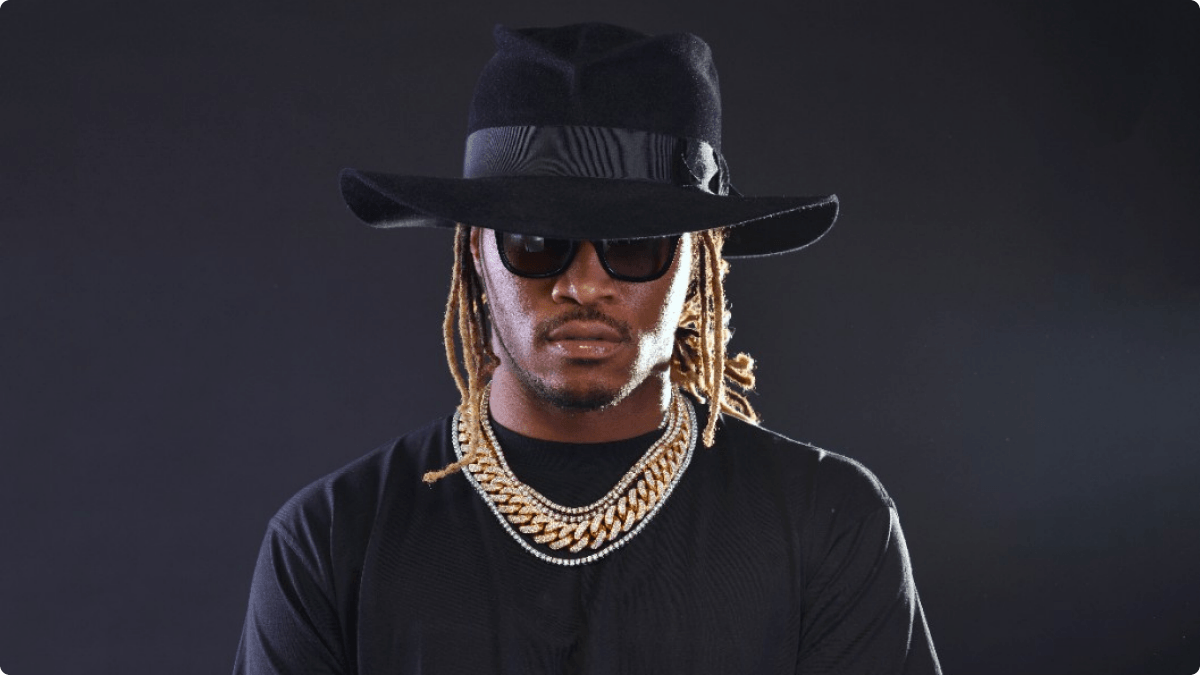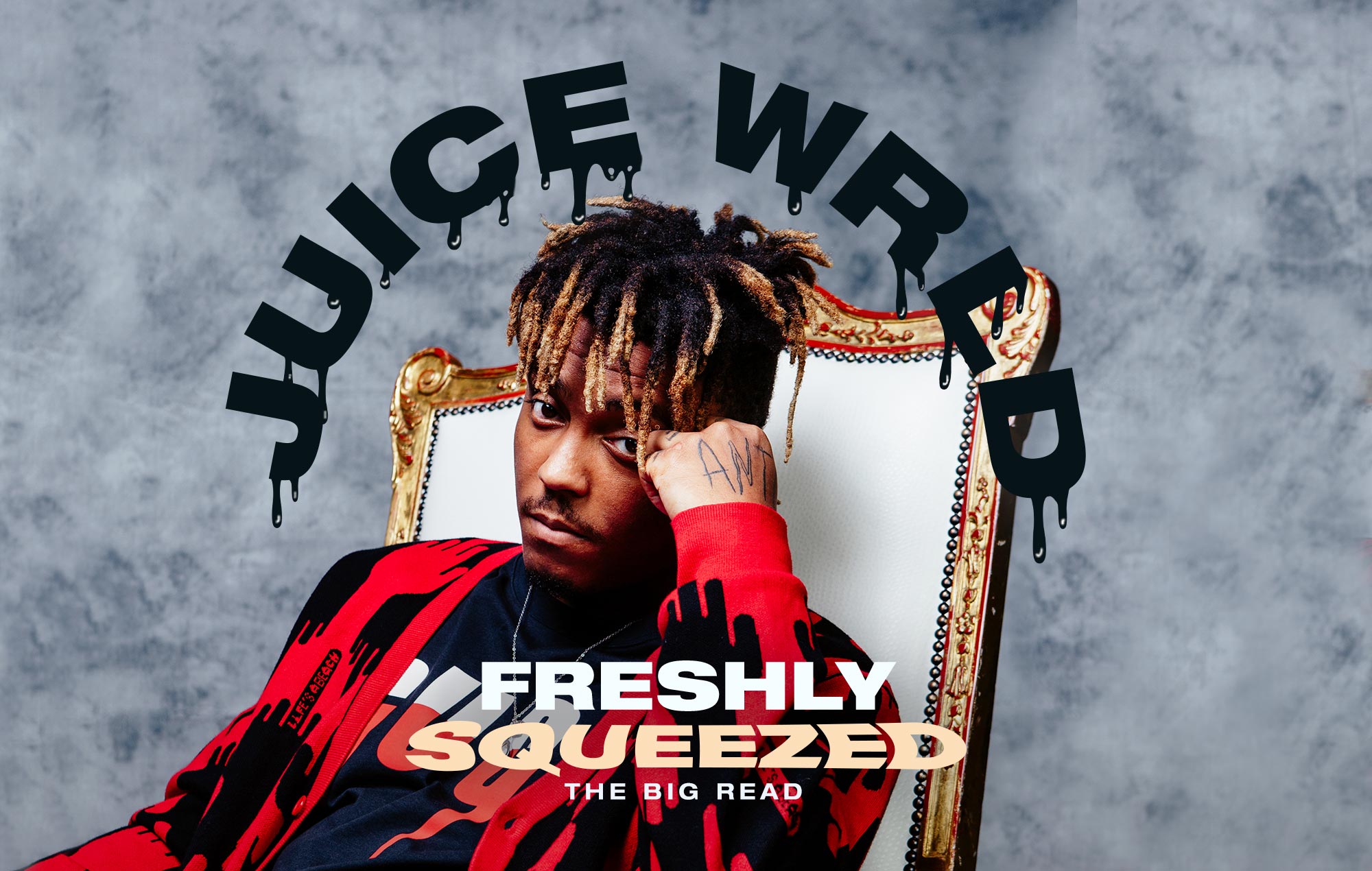Rap Is Art. So Why Do Some Academics Still Feel as if They Have to Defend It?
Jessica Pabón-Colón, an assistant professor at the State University of New York at New Paltz, does not want the events of last week to fade from memory. As a hip-hop scholar and a woman of color, and as an employee at the university, she feels that Gerald Benjamin’s comments last Tuesday are indicative of the academy’s lasting problems with the genre. When asked about the short-lived rap career of Antonio Delgado, the Democratic congressional candidate for New York’s 19th district, Benjamin said rap was not “real music” and did not represent the values of rural New York. Benjamin, who is



